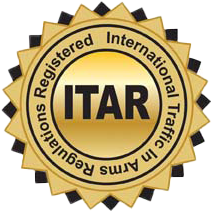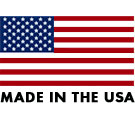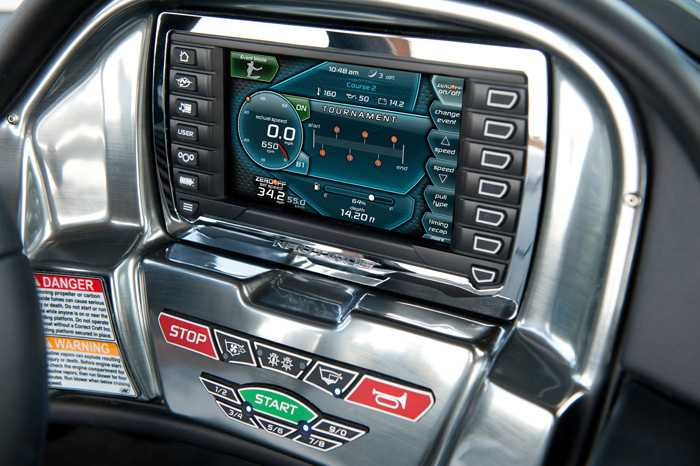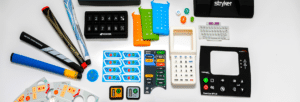One of the biggest issues we have found with offshore silicone rubber keypads, is their tendency to crack in the field. There are multiple factors that can cause a silicone rubber keypad to crack, but the main factors are: Coatings, Diaphragm Inconsistencies, and Materials.
Due to the flexible nature of silicone rubber, adding a hard less flexible coating will always be an inherent problem. Most of the cracked silicone keypads we have seen, have been caused by the use of a hard coating over the top surface of the silicone. These coatings are typically used for abrasion resistance, and sometimes chemical resistant needs. Here at SiTech we have developed proprietary coatings for abrasion and petrol chemical resistances. Our coatings are silicone based, and create a cross-link bond with the silicone rubber keypad. Due to the coating being silicone based, no cracking of the coating will occur.
Another reason for keypads cracking is inconsistent diaphragm thicknesses. One of the main causes of this is the use of compression molding. Compression molding has no way of holding the material in the cavity under pressure, which allows the material to flash outside of the cavity. Over the years we have seen keypads with diaphragms that should be approximately 0.020” thick, be as low as 0.008” in areas of the keypad due to this exact issue. When a key’s diaphragm gets this small, the silicone will not hold up to the day to day pressures. Here at SiTech, all of our molding machines are Liquid Injection Machines or LIM. LIM machines are a closed-loop system that pump liquid silicone into a hot mold base. Due to this, LIM machines are able to hold the cavity under extreme pressures, which insure the proper filling of diaphragms every time.
One of the last reasons for silicone keypad cracking and even just general quality issues is the use of fillers within the silicone rubber material. The price to manufacture silicone rubber is typically the same globally. Which means, to lower the price of material costs, fillers must be added to the silicone rubber. Any time fillers are added to silicone rubber, it lessens the mechanical properties of the silicone rubber. This is a large issue that we have found in a large amount of silicone rubber keypads. Here at SiTech we use Momentive, and Dow liquid silicone rubber. No additives are used, and we have 100% traceability from the moment the raw material arrives until the molded part leaves our facility.
If you are experiencing quality issues with your silicone keypads or components we can help. If you need to talk with one of our Engineers, or would like a quote on one of your existing projects, please give us a call at 757-887-8488 or submit a quote here.










